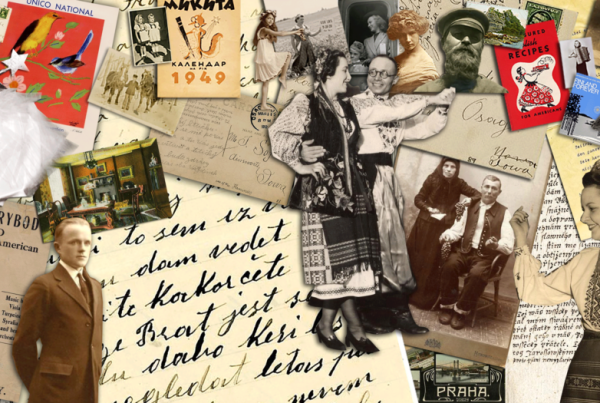By Allison Campbell-Jensen
A love of reading led Bailey Blomquist-Dege to pursue a Libraries’ student job. Now a senior majoring in history and anthropology, she says the decision “has helped me much more with my schoolwork and my research than I would have ever thought.”
She works in Wilson Library in Access and Information Services.
After starting in September 2019, Blomquist-Dege faced an interruption in work when the Libraries closed from March until August 2020 because of the pandemic. Yet when Wilson and three other libraries reopened, she didn’t find the precautionary measures to be problems. “The masks and the distancing weren’t too difficult because we tend to work independently anyway,” she says.
Leaning into research
“I think people don’t have the knowledge of what the Libraries actually possesses in the case of research materials, and how it’s organized,” she says. During her first fall in the Libraries, she became acquainted with the Library of Congress classification system for books and the variety in the types of materials that were available. Her better-informed browsing aided her research for a class on British history in fall 2019 and many coursework assignments since. She also became more familiar with the online resources of the Libraries.
“The Libraries are subscribed to a crazy amount of databases with primary and secondary sources and journals — so you can get a lot of information, whether it’s for a class, a research paper, or just further reading.”
—Baily Blomquist-Dege
“The Libraries are subscribed to a crazy amount of databases with primary and secondary sources and journals,” Blomquist-Dege says, “so you can get a lot of information, whether it’s for a class, a research paper, or just further reading.”
In the summer of 2020, when she began to work on her first Undergraduate Research Opportunities Program project, the physical collection was not available, however. To research Historiography of Dutch & English Activity in the Mediterranean Sea, she found most materials for her research in the form of online, scanned books from the 1700s and 1800s and more recent academic journal articles via the Libraries’ website.
“It was very interesting to view all the materials and it helped me grow as a historian,” she says.
Current and future benefits
She enjoys the variety of tasks in the library — shelving, book returns, working at the desk — particularly interacting with patrons. “I’m better able to assess people’s knowledge levels [about the library systems] and what you have to explain to help them better understand how to be successful with their own research projects,” Blomquist-Dege says. She believes this will help her be a better teacher and writer, as she envisions a future as a professor.
About UROP
The Undergraduate Research Opportunities Program (UROP) provides University of Minnesota undergraduates from every college, major, and discipline, the opportunity to partner with a faculty member on research or creative projects.




